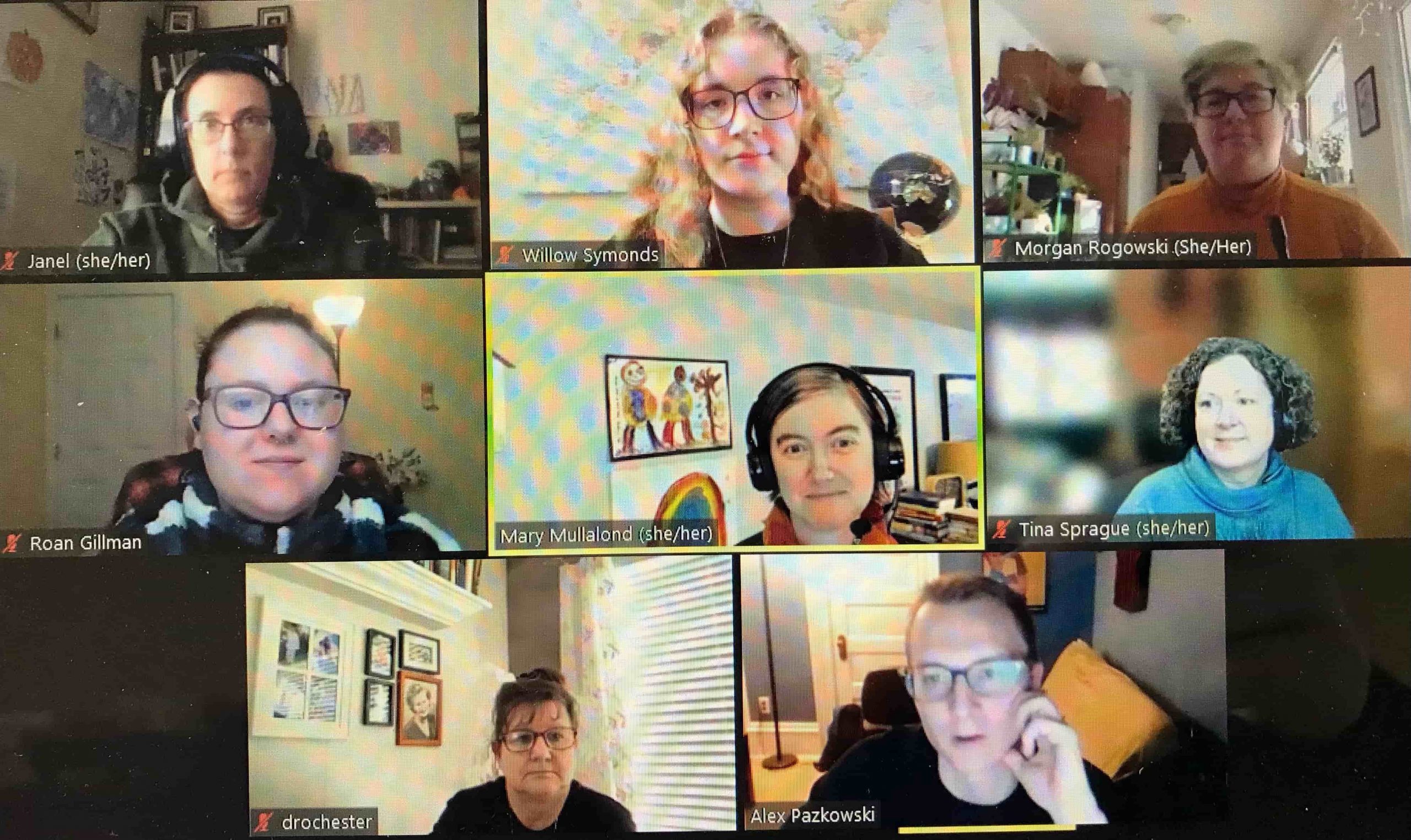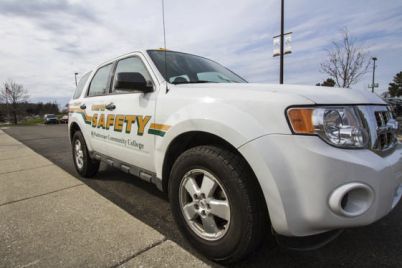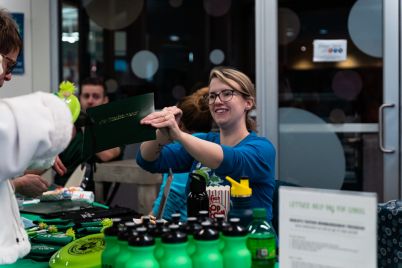by WILLOW SYMONDS
Staff Writer
Outspace is Washtenaw Community College’s LGBT+ club.. The club’s teacher adviser, Mary Mullalond, hosted an LGBTQIA+ (Lesbian, Gay, Bisexual, Transgender, Queer, Intersex, Asexual) Student Panel on January 6. 30 people joined the Zoom meeting, including three students. The faculty members invited the students to answer questions about the legal name system, using pronouns, allyship, and more.
Morgan Rogowski, a criminal-justice major, was one of these three students. When asked about positive experiences she’s had as a queer student at WCC, she said that she’s met many allies and openly LGBTQ+ people, both students and teachers.
Roan Gillman, who will soon earn their degree in linguistics, said that they feel much more comfortable being out at WCC compared to other places they went to school.
“I grew up in a […] family where I was taught that being queer is wrong,” they said. “While having to correct my name on attendance sheets isn’t always fun, teachers make a good effort to get pronouns and names correct.”
Mathematics teacher Brenda Foster said, “One time in class, I asked, ‘How is your wife?’ to a [female] student, as I would with any student whose wife got sick […] She seemed fine with that, but I was wondering if there are times I shouldn’t specify gender in case they don’t want to be outed in front of others.”
Morgan responded, “I would say, in those situations, to use a gender neutral term, like spouse.” Several people in the chat added on with other words or phrases that can work well, such as ‘partner’ or ‘significant other.’
“I have queer kids and am very used to talking about this,” said Larry David, the mathematics department chairman. “What I was wondering is, what should I do to make students in my classroom feel more comfortable? […] I put my pronouns in my Zoom name […] but I also don’t want to be too over-the-top about it.”
Dave Erwin, a mathematics teacher, said that he calls students by their last names to avoid using first names and possibly calling trans students by their deadname (the one they were given at birth but don’t use anymore). Science teacher Victoria Hover said on the first day of class, she gives students a blank card to write the name they want to be called by, if they’re comfortable, their preferred pronouns, and other details about themselves.
The students had suggestions too, such as writing a student’s preferred name next to their dead one on the attendance sheet and not letting homophobic behavior go ignored.
“Teachers can do a lot of good without going overboard. […] One of my teachers shut down someone making pretty homophobic comments, comparing homosexuality to pedophilia,” Morgan said. “I think that was the appropriate response, as (the teacher wasn’t) super over-the-top about it but they also made it clear that that language was not acceptable in the classroom.”
Roan added, “I wouldn’t vilify a student who thinks, “being gay is evil,” as maybe they grew up with very conservative parents – we don’t know their life. However, teachers should definitely let them know that expressing such things to queer students is not OK. […] Luckily we live somewhere that most people are accepting to begin with.”
The students and staff consider the LGBTQIA+ Student Panel a success: “I was happy with how many teachers came to the panel and they asked good questions,” Morgan Rogolowski said afterwards. “Everyone seemed very willing to learn and grow.”
“The one criticism I would have is I feel like we focused more on gender than on other queer identities like lesbian, asexual, pansexual,” Roan Gillman continued. “Maybe that just goes to show that the faculty feel comfortable being inclusive with sexualities but not as knowledgeable on gender inclusiveness.”
“I appreciate [the students] candor and willingness to help make our classrooms open and accepting places for everyone,” said chemistry teacher Marilyn Nevius. “My now adult children and my students teach me so much and make me a better person.”



